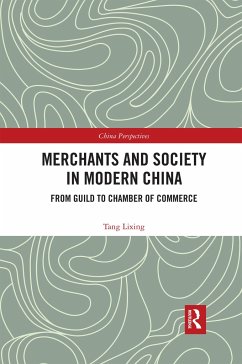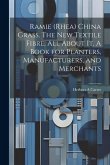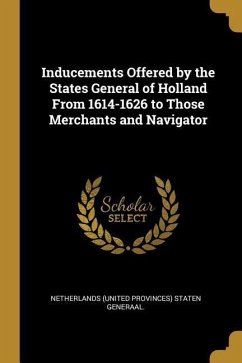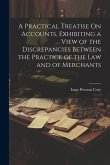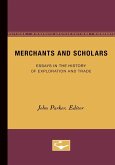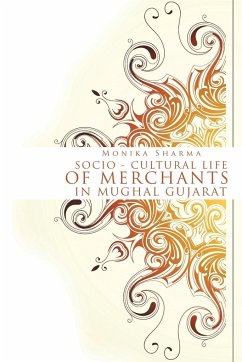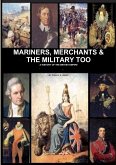In the late nineteenth and early twentieth centuries, merchants in China were incorporated into the bourgeoisie and constituted a vital part of the upstart capitalists. The lowermost class in ancient China's social hierarchy has thus become a strong force of social transformation in the modern era. From the angle of the interaction between the merchant and modern society, this book examines the factors behind the rise of the merchant class in China, in terms of its cultural traits, inner structure, and business modes. First, it analyzes the features and historical standings of merchant culture which came into existence on the basis of reworking and integrating Neo-Confucianism. It argues that merchant culture pushed China's early enlightenment movement to a new level. Then the rise of the bourgeoisie and their role in the evolution of modern Chinese society are studied thoroughly. More importantly, by examining the "golden age" of the merchant after the 1911 Revolution and its end brought by the Northern Expedition, this book studies the dilemmas faced by Chinese merchants. Finally, it probes into the reasons why it was hard for China to go beyond modern society, that is, completing the transition from commodity economy to capitalist economy. This book will deepen the understanding of China's merchant class and modern Chinese society. Scholars and students in economics, history, sociology, and cultural studies will be attracted by it.
Hinweis: Dieser Artikel kann nur an eine deutsche Lieferadresse ausgeliefert werden.
Hinweis: Dieser Artikel kann nur an eine deutsche Lieferadresse ausgeliefert werden.

